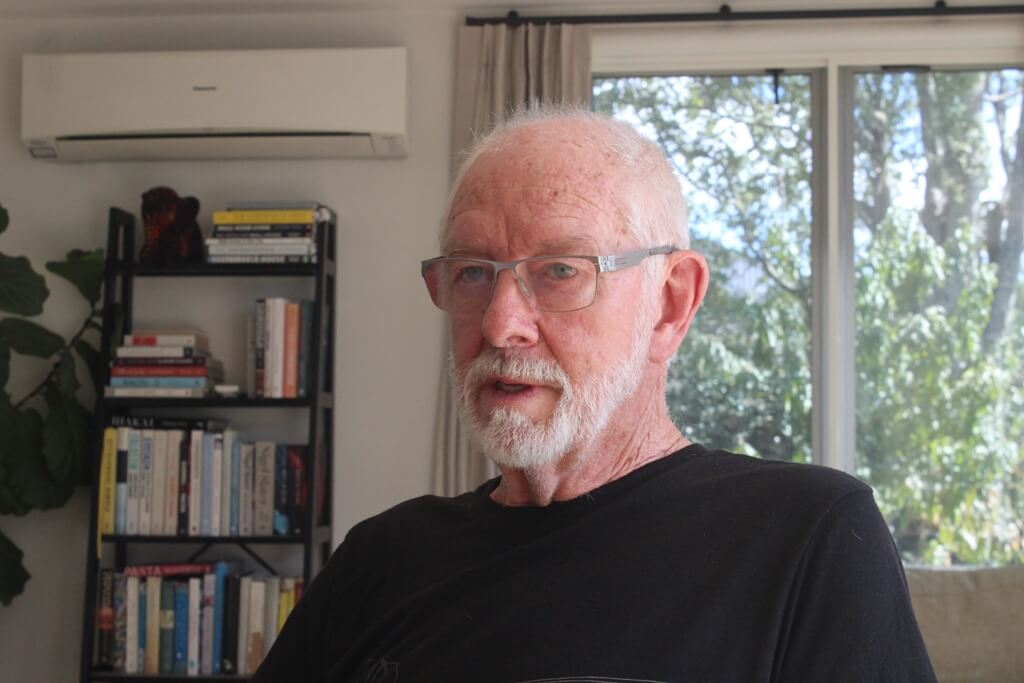
Contractors. Photo: Kampus Production, pexels.com
I worked for 10 years in Bosnia and Herzegovina (BiH) in their immediate post-war reconstruction phase. There were highly-paid international consultants by the hundreds, possibly thousands, there.
Some readers may be asking if I was one of them. But I had been appointed as the first Governor of the Central Bank of BiH (CBBH). I had to establish and run a new institution. I couldn’t just write reports and make recommendations.
A few of the consultants in BiH were good and made a significant contribution to the country’s development. Most of them were average and left long reports but had very little impact. A few very terrible and had negative impacts on the country. For example, one lot of consultants funded by the EU who were working in the CBBH were so bad that I told them we would forego the EU funding and do the project ourselves. I asked them to leave the CBBH immediately. When I told my Bosnian staff what I had done and that they were going to have to implement the project themselves, they thanked and applauded me – and they did successfully complete the project.
I thought this disease of ‘consultitis’ was a characteristic of the international development process. But when I came back to New Zealand in 2015 after 20 years away I found the disease was well-and-truly entrenched here too. I am dismayed by this.
I started thinking about this issue again when I read a story in Cambridge News recently that Waipa District Council had spent $14 million on consultants last year. That seems like a lot and there were many questions about what they got for that money. Another story in the media last week was that NZ Health had spent $3 million on ‘restructuring consultants’. This is in a sector where there are chronic shortages everywhere – I was amazed last year when the CEOs of some government agencies that the government required to cut staff hired external consultants to tell them where they should cut. The CEO should be the person best placed to know. If I was the consultant brought in on such an issue, the first staff cut would be obvious. The CEO needed to be removed. If they couldn’t answer that question, they didn’t know their agency.
In many cases where organisations bring in consultants, they know what needs to be done. But they also know it will be unpopular with some. So the consultant becomes the scapegoat. This is a very expensive way of not facing up to difficult issues and avoiding responsibility. I did use consultants occasionally when I was governor of the CBBH on issues that were new and that neither I nor any of my staff had experience. But it was a last resort option and used sparingly.
The disease of consulticity is where calling an external consultant is the first option and is used on issues that a reasonably experienced and competent management group should be able to resolve itself. It is a very expensive management option. But the biggest cost of this disease is that many senior and well-paid people in New Zealand are no longer willing to take difficult decisions. They call in a consultant instead.










